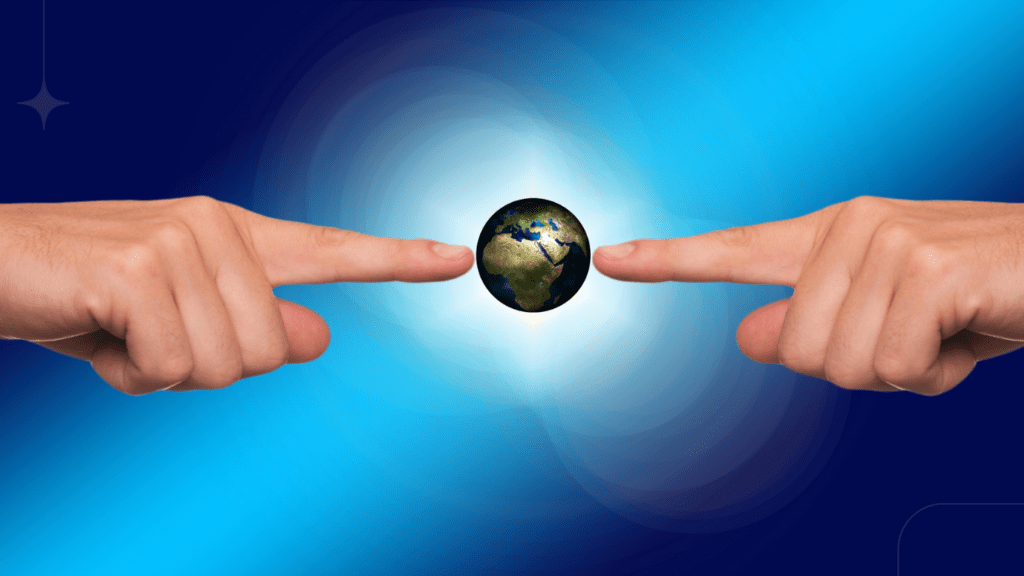Sports have always been a universal language, transcending borders and cultural differences. As I explore the globalization of sports, it’s fascinating to witness how various cultures around the world not only participate in athletics but also imbue them with their unique traditions and values. From football in South America to cricket in India, each sport carries a rich tapestry of history and meaning for its respective culture.
In this article, I delve into the ways different societies embrace sports, showcasing the diversity and unity that athletic activities bring. Whether it’s the passion of soccer fans in Europe or the discipline of martial arts in Asia, the world of sports is a vibrant mosaic of human expression and connection. Join me on this journey as we unravel the intricate relationship between sports and culture on a global scale.
The Evolution of Sports Globalization
Sports globalization has a rich history that dates back centuries. As cultures interacted and exchanged ideas, the concept of organized athletic competition began to spread worldwide. Through this evolution, sports have transcended geographical boundaries, becoming a unifying force across diverse societies.
Historical Context and Origins
The globalization of sports can be traced back to ancient civilizations, where athletic contests were held as part of religious festivals or to honor deities. The Olympic Games in ancient Greece, dating back to 776 BC, played a significant role in promoting international sporting events and fostering cultural exchange. These early competitions laid the foundation for the modern sporting landscape we see today.
- Global Expansion: The 19th century marked a turning point in sports globalization with the spread of colonialism and the industrial revolution. British imperialism, for example, led to the dissemination of sports like cricket, rugby, and football to various parts of the world, shaping local sporting cultures.
- Modern Olympics: The revival of the Olympic Games in 1896 under the leadership of Pierre de Coubertin symbolized a new era of international sports cooperation. The Games provided a platform for athletes from different countries to compete on a global stage, promoting unity and friendship through sport.
- Media and Technology: The advancement of media and technology in the 20th and 21st centuries accelerated the global reach of sports. Television broadcasts, online streaming, and social media platforms have made it easier for fans to follow their favorite teams and athletes from anywhere in the world, further blurring geographical boundaries.
- International Competitions: The establishment of international governing bodies such as FIFA (Fédération Internationale de Football Association) and the International Olympic Committee (IOC) has been instrumental in organizing global competitions and standardizing rules across countries. This framework has facilitated the participation of athletes from diverse backgrounds and promoted cultural exchange through sports.
Sports globalization continues to evolve, driven by the shared passion and enthusiasm for athletic competition among people of different cultures. As we look to the future, it is evident that sports will remain a powerful tool for fostering connections and understanding across borders.
Impact of Global Sports on Local Cultures

Global sports have significantly impacted local cultures worldwide, shaping the way communities engage with athletics and how sports are integrated into their social fabric.
Adoption and Adaptation of Foreign Sports
Local cultures often embrace foreign sports, integrating them into their athletic traditions. From basketball in the Philippines to cricket in India, the adoption and adaptation of these sports reflect a blend of both local and global influences. For example, the popularity of basketball in the Philippines has led to the emergence of local leagues and competitions that showcase a unique Filipino style of play, combining elements of street basketball with professional techniques.
Influence on Cultural Identity and Community
The influence of global sports on cultural identity and community cannot be understated. Sporting events such as the World Cup or the Olympics foster a sense of national pride and unity, bringing people together to support their teams on an international stage. Additionally, the shared experiences of triumphs and defeats in sports create lasting bonds among community members, transcending cultural differences and fostering a sense of belonging and camaraderie.
Major Sports and Their Global Footprint
Sports play a pivotal role in uniting diverse cultures worldwide, transcending boundaries and bringing people together through shared passion and competition. Let’s delve into the significant global footprint of major sports and their impact on cultures around the world.
Soccer’s Dominance on the World Stage
Soccer, also known as football in many countries, stands out as the most popular and widely played sport globally. With an estimated fan base of 3.5 billion, soccer’s influence knows no bounds. From the lively streets of Brazil to the packed stadiums in Europe, the sport unites fans across continents. Major events like the FIFA World Cup capture the world’s attention, showcasing the blend of skill, strategy, and teamwork that make soccer a universal language of sportsmanship.
Basketball and Baseball: America’s Cultural Exports
Basketball and baseball, two iconic American sports, have made significant inroads into global sports culture. Basketball’s fast-paced action and electrifying dunks have captured the hearts of fans worldwide, with leagues like the NBA boasting an international fan base. Baseball, known as America’s pastime, has gained popularity in countries like Japan and the Dominican Republic, where it has become ingrained in the local sports scene. These sports not only entertain but also serve as symbols of American culture, spreading the ethos of teamwork and dedication to new audiences globally.
Challenges in Global Sports Integration
Global sports integration faces various challenges that stem from regulatory and governance issues, as well as cultural and ethical conflicts. These hurdles can impact the smooth operation of sporting events and the harmonious interaction between different cultures on the global sports stage.
Regulatory and Governance Issues
As different countries come together to participate in international sporting events, discrepancies in regulatory frameworks and governance mechanisms often arise. These variations can lead to disputes regarding rules, doping regulations, and fair play standards. Lack of uniformity in policies and enforcement practices can create barriers to seamless global sports integration, requiring constant negotiations and compromises to ensure a level playing field for all athletes and nations.
Cultural and Ethical Conflicts
Cultural and ethical clashes can arise when sporting practices from one region conflict with the norms and values of another. Issues such as gender equality, religious beliefs, and traditional customs can create tensions during sports competitions. For example, certain cultural rituals or gestures that are acceptable in one society may be deemed offensive or controversial in another. Respecting and navigating these cultural nuances is essential for fostering inclusivity and respect among diverse sporting communities worldwide.

 David Fields is a dedicated contributor to Jackpot Joyfully, specializing in the intricacies of sports betting and casino games. With years of experience in the gaming industry, David provides readers with expert advice, detailed strategies, and the latest insights to help them make informed decisions. His commitment to fostering a fun yet responsible gaming environment shines through in every article he writes, making him a trusted voice for both new and experienced players.
David Fields is a dedicated contributor to Jackpot Joyfully, specializing in the intricacies of sports betting and casino games. With years of experience in the gaming industry, David provides readers with expert advice, detailed strategies, and the latest insights to help them make informed decisions. His commitment to fostering a fun yet responsible gaming environment shines through in every article he writes, making him a trusted voice for both new and experienced players.

